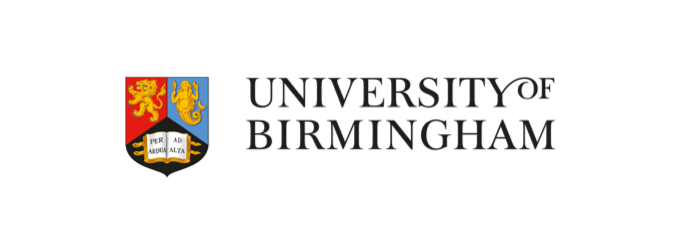With around two billion speakers worldwide, the English language is at the forefront of communication today. As a result, there is a high demand for teachers who can teach English to a whole range of different types of learners.
Enter the University of Birmingham. As a Top 100 university in the world, the UK-based university promises a high calibre across all programmes of study, from undergraduate to postgraduate levels. Its reputation for the study of English is no less impressive. The University of Birmingham’s College of Arts and Law is ranked among the top 70 globally for arts and humanities.
Working professionals looking to expand their skill sets find the perfect postgraduate programmes here. The MA Teaching English to Speakers of Other Languages (TESOL) (Distance Learning) is designed for English language teachers with continued professional development in mind. The 30-month part-time programme has everything one might need to explore different approaches to the teaching and learning of English.
The MA Applied Linguistics (Distance Learning) is aimed at English teachers who wish to upgrade their professional standing and those interested in the application of language research to language pedagogy.
“Knowledge of how a language works and the ways we learn and/or acquire a language helps a teacher to improve his or her classroom teaching,” says senior lecturer Dr. Crayton Walker. “It will give them an ability to identify good and bad classroom practice and materials.”
More than that, Crayton expands, “knowing more about language and learning helps teachers develop a range of skills that can be developed in different teaching situations.”

Source: University of Birmingham
“Not all learners are the same or have the same needs,” he says. “As teachers, we need to be able to adapt an approach or develop our own based on a thorough knowledge of what is and what is not pedagogically sound. Studying an MA in TESOL or in Applied Linguistics will bring that necessary knowledge and confidence to enable you to choose the right approach for a particular group and to develop your own approach based on sound theoretical principles.”
Ukrainian English teacher Denys Chyk sees the value in this. “In Ukraine, a communicative approach is somewhat unusual – even at the philological faculties of universities, you will not see this approach in the corresponding bachelor’s or master’s programmes,” says Denys. “I say this with confidence as an expert of the National Agency for Higher Education Quality Assurance of Ukraine.”
Denys is a student of the TESOL: Language Teaching Methodology programme — a short course that spans 12 weeks. As he only needs to dedicate around eight hours a week, it was an attractive option for Denys to gain a qualification without having to take too much time out of his current job.
The best part? While these programmes can be taken on-campus, students have the option of pursuing them entirely online — and, with the variety of start dates, can begin their academic journey whenever they want. This is certainly a benefit for working professionals from all over the world, offering a level of flexibility whilst having the advantage of gaining a credential from one of the top universities in the world.
“It is not always possible to put life on hold for a year to study full time at a UK university,” says Crayton. “As a part-time mature student learning via the internet, you can re-charge, learn and develop yourself whilst still fulfilling the responsibilities that come with a full-time job and a full life.”
While an MA is a major investment of time and money, micro-credentials allow more specialisation. “As a teacher, you may want to focus on one particular aspect and not cover all the topics that are included in a typical MA,” says Crayton. “A short micro-credential course will give you the opportunity to focus on one aspect of language research or language teaching methodology and earn some credits which you can use later if you do decide to go for the full MA.”
The result? Ten credits towards a full MA or a degree from one of the most targeted universities by top employers including the likes of the BBC, Accenture, and the British Council.
“You will learn about the different specialities that exist within language teaching and the opportunities there are to develop yourself as a teacher, teacher trainer, materials developer, or manager,” says Crayton. “In my experience, it is the combination of experience and qualifications that is the key to a successful and fulfilling career.”
Follow University of Birmingham’s College of Arts and Law on Twitter.













